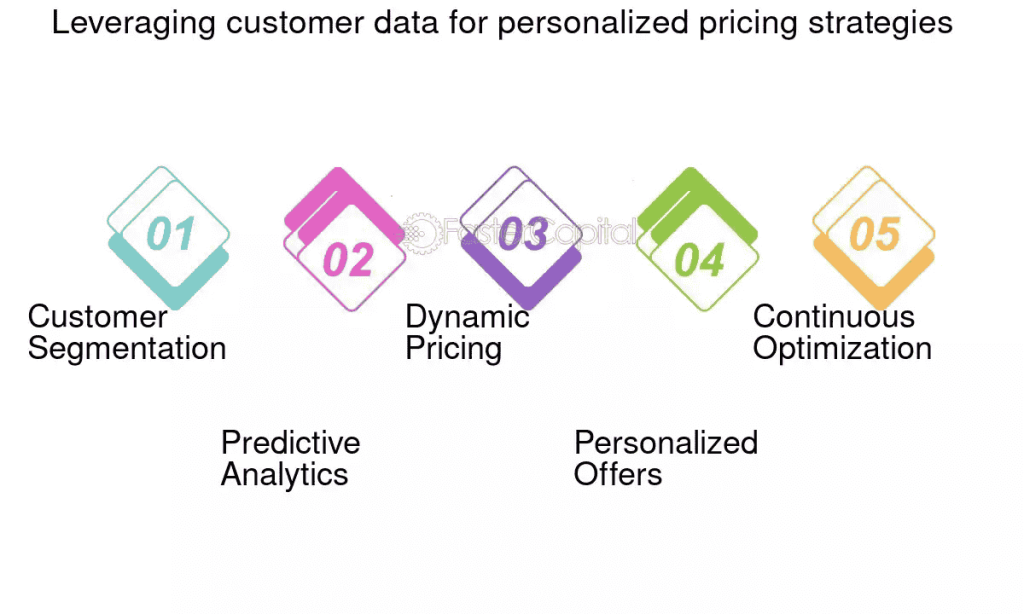
In today’s rapidly digital world, companies are constantly looking for ways to retain and attract customers, while also maximizing profits. The most efficient approach is to use personal pricing that makes use of the data of customers to adjust prices in accordance with customer preferences, the purchaser’s buying habits, and their desire to purchase.
Utilizing sophisticated analysis and AI, companies can devise pricing strategies to enhance sales, improve customer satisfaction, and increase profits.
The Role of Customer Data in Pricing
The customer’s data is the foundation for individual pricing. Companies collect information such as purchase history and browsing patterns, in addition to details about their clients, along with their location, as well as other data, to learn how they interact with their customers.
When they analyze the data, they are able to discern pricing that is prone to change and alter their offerings to meet the needs of their clients. For instance, customers who are loyal may be rewarded with discounts in order to encourage loyalty, whereas a new customer could receive an initial discount to enable them to buy their first product.
Types of Personalized Pricing Strategies
There are many options to set unique pricing. Price is dynamic and adapts according to competition, market demand, or the actions within the lives of clients. Segment-based pricing allows for different prices for specific clients, like those who are in school or are customers with a premium account.
Specialized deals driven by AI take it further by customizing discounts or promotions for every customer. Online stores usually offer custom bundles, coupons, and offers that are time-bound and influence purchasing decisions.
Benefits for Businesses and Customers
If it is executed correctly, Personal pricing is an all-win scenario for everyone. Businesses gain greater sales, higher conversion rates, and more satisfied customers.
However, customers are in a position to profit from promotions that are more worthwhile and reasonable. This will also decrease abandonment of carts, as it provides incentives when needed, which ultimately improves customer satisfaction overall.
Ethical Considerations and Transparency
While personalized pricing could provide obvious advantages, companies should use it with caution. Price discrimination that is inaccurate or untrue could cause a lack of trust and could cause customers to be angry.
To gain credibility, businesses should be able to clearly articulate the benefits of individual pricing and prove that they’re in compliance with the laws governing data privacy. The ability to strike a balance between fairness and profit is essential for ensuring the long-term viability.
The Future of Personalized Pricing
When AI, as well as big data analysis, advances in the future, personalized pricing will be more precise and accurate.
Companies that implement the right, ethical, and data-driven pricing strategies are better equipped to prosper in a highly customer-centric online market.
